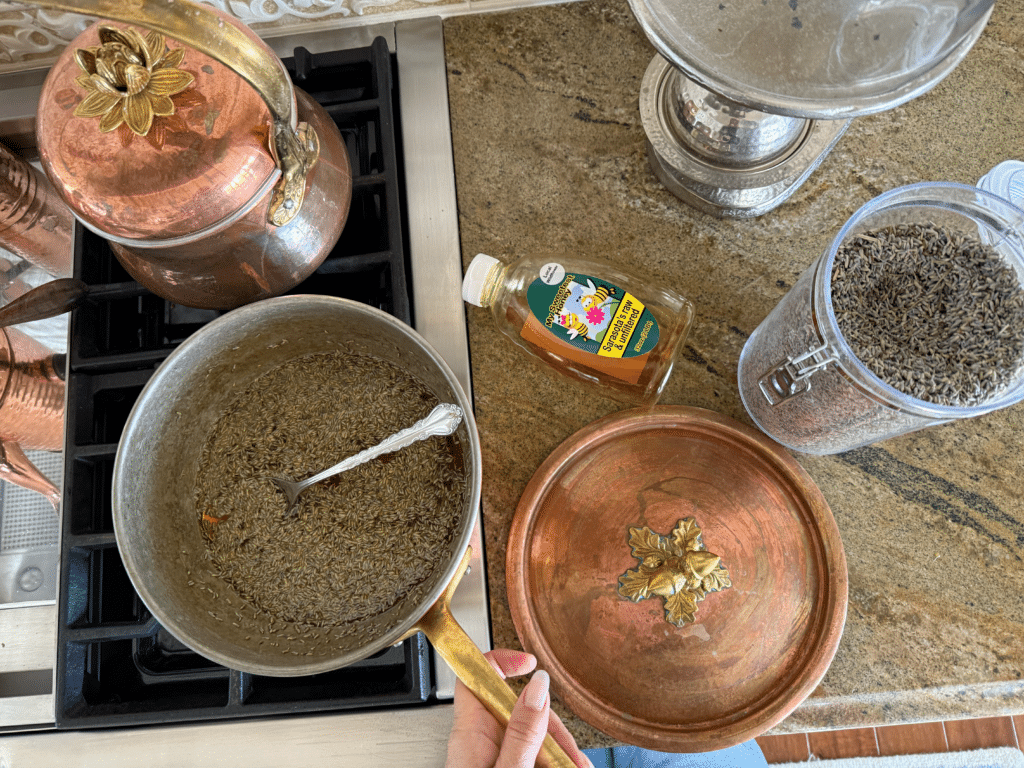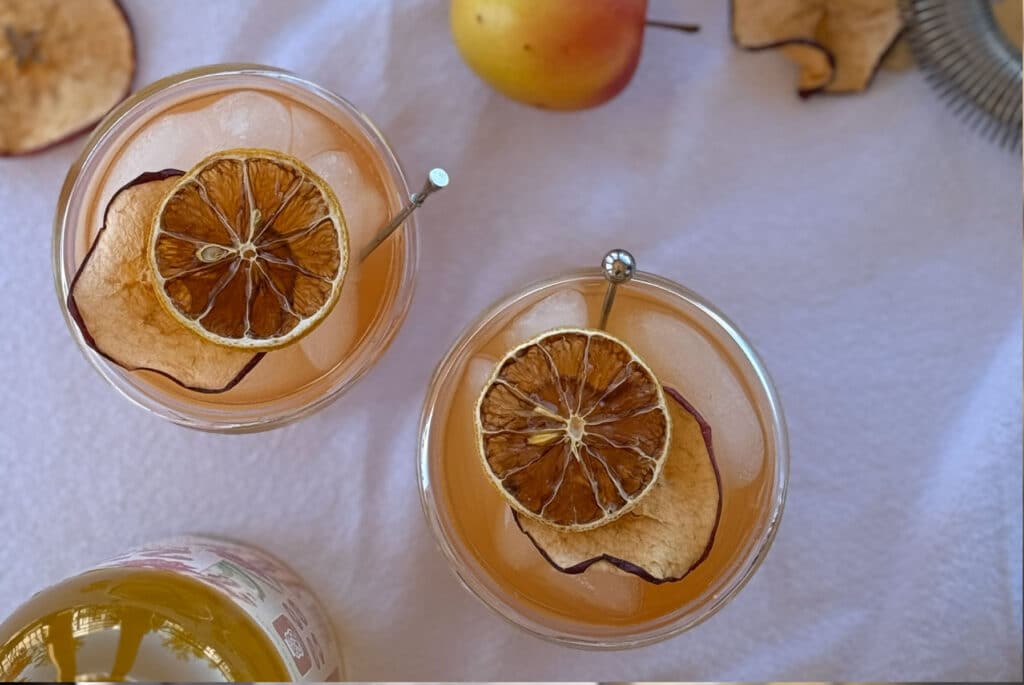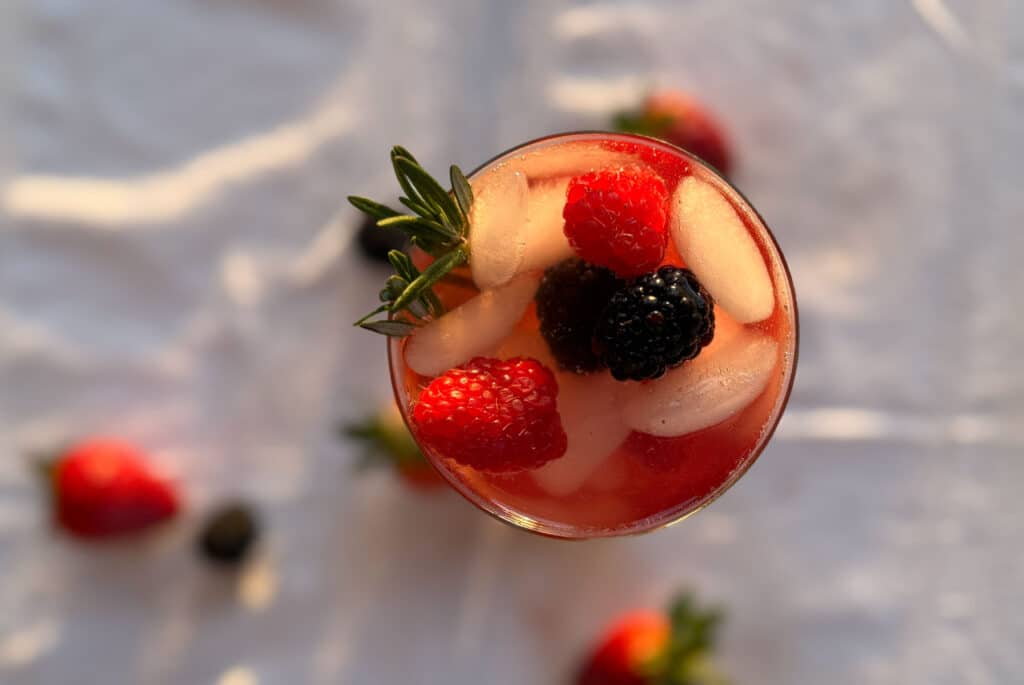Before kombucha became the drink of modern wellness, it was something ancient. A living expression of tradition, fermentation, and care. So were its ingredients.
In creating our newest flavor, I didn’t just think about taste. I thought about lineage. About what our ancestors reached for when they needed strength, clarity, and restoration. That led me to two timeless ingredients: cranberry and ginger.
Used for centuries in food, medicine, and ceremony, they offer more than flavor. They offer a sense of return.
Cranberry: Tart, Cleansing, Deeply Rooted
Few fruits hold such cultural and symbolic weight as the cranberry. Indigenous peoples across North America have long used wild cranberries not only as food, but as medicine and preserver. High in natural acids and antioxidants, cranberries were traditionally used to support the body’s internal balance, especially in times of transition, or physical strain.
In ceremonies, cranberries symbolized endurance, cleansing, and the sustaining power of nature’s bitterness.
That tart edge? It’s not just refreshing. It reminds the body to wake up, to clear, to renew.
Today, we know cranberries for their ability to support urinary tract health, help fight inflammation, and protect the gut. But to me, their real beauty is in how alive and unapologetic they taste. Sharp, bold, and honest—like truth in a glass.
Ginger: Warm, Grounding, and Universally Loved
If cranberry clears the path, ginger anchors it.
Used across Asia, Africa, and Europe for thousands of years, ginger has long been treasured as both a culinary spice and a healing root. In Traditional Chinese Medicine and Ayurveda, it was used to ignite the digestive fire, calm nausea, and restore internal flow. In Polish kitchens like the one I grew up in, it was stirred into hot honey water when you had a cold—or simply when you needed comfort.
Ginger speaks of warmth. Of resilience. Of deep belly strength.
Modern science has caught up to what tradition always knew: ginger supports digestion, reduces inflammation, and carries powerful antioxidant properties. But beyond function, it gives a kombucha that unmistakable grounding quality—that gentle heat that lingers just enough.
Together in a Glass: Why This Flavor Matters
Cranberry and ginger don’t just taste good together—they mean something together.
One cleanses, the other soothes. One brightens, the other warms. Together, they create a post-meal ritual that feels balanced, invigorating, and complete.
We fermented this kombucha slowly and intentionally, so it could carry both the boldness of tradition and the beauty of the present.
This is not a trend. It’s a return.
To the plants that sustained us.
To the rituals that nourished us.
To the belief that what we drink should be alive—and matter.









